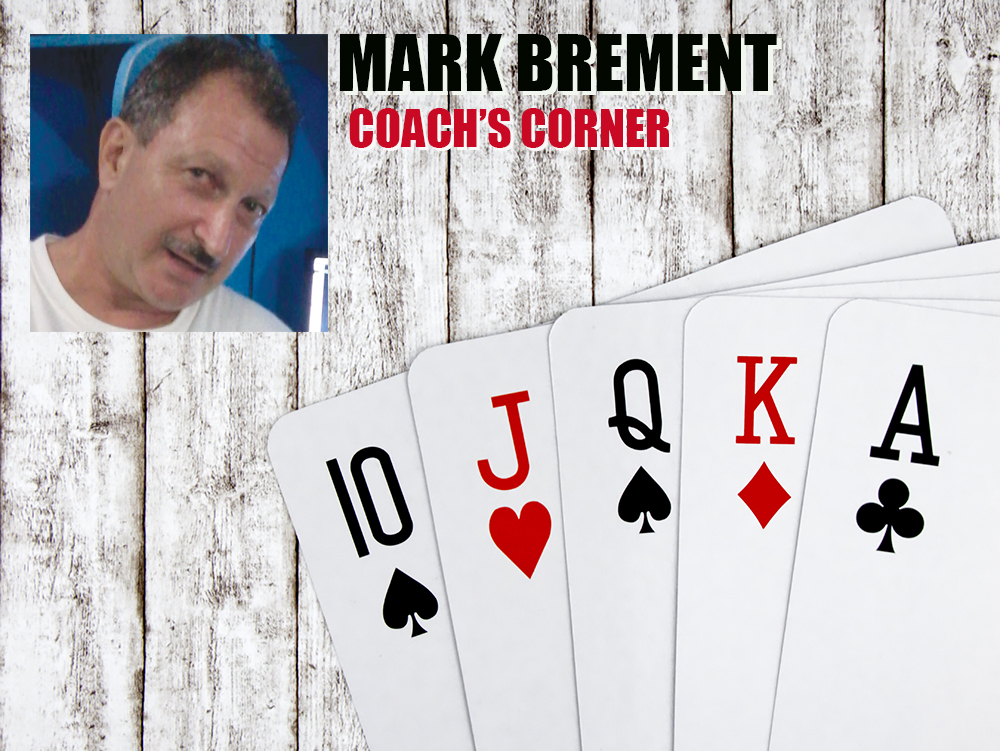Editor’s note: This is one in a series.
What are some things you should be doing at the poker table? Look for opponents’ tendencies and betting patterns, pay attention to stack sizes and blinds and constantly look for positive-value situations and opportunities.
The best thing you can do as a player, when not involved in a hand, is keep your mind active and continually guess what players are holding. This discipline will enable you to get to the point where you can narrow opponents’ range when you have a critical decision to make. If you know what opponents hold and what their betting patterns are, this will open up opportunities to win pots, increase your earnings and take your game to a higher level.
Let’s take a look at intangibles and understand what makes poker such an easy game to learn but so difficult to master.
TABLE: Ever sat at a table where the pots are scanty and opponents are in the “serious” mode? Meanwhile, all around you chips are flying. You are at the wrong table. Change tables.
GAME: This is a good reason to learn to play all forms of poker. Sometimes a game change is in order. Better put: Follow the laughter and the money will follow you.
DIARY: Keep a diary and review it before you play. Records are more than recording wins and losses. Start that diary and write notes on opponents. This habit will pay off in spades.
ANALYSIS: Hire a coach, join a weekly poker group and get a poker buddy to discuss matters at hand. This is key to improving your game. My weekly poker strategy session, which I lead as a think tank, helped my game considerably. I was able to learn from my students.
GOALS: Approach poker like a business. Give yourself purpose.
DOWNTIME: What you do with “dead time” at the table is every bit as important to your win rate as to how you play your cards. Try to think of it as doing your job. The more you practice putting an opponent on a hand, the stronger you will become at this art.
KEEP RECORDS: If you show me a player who does not keep accurate records, I’ll show you a losing player. I could write much more on this topic. That said, when I coach a player, I instill in you a need to treat your poker as a business.
PAY ATTENTION: Those might be the best two words that can help you to improve your game.
— Mark Brement has spent 15 years teaching and coaching all facets of poker, including at Pima Community College. Email him at pokermoses@phxpoker.com.




